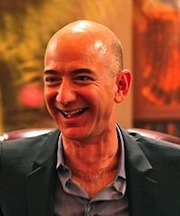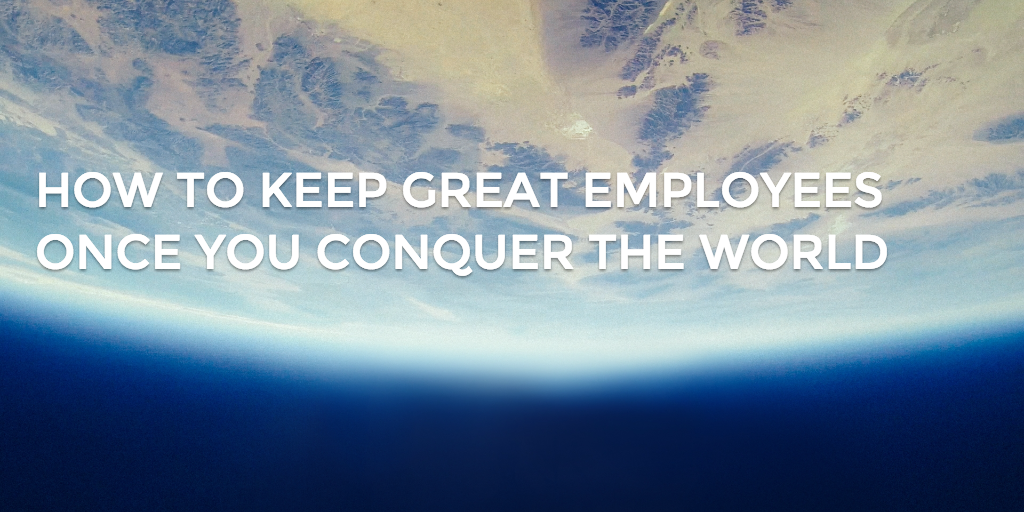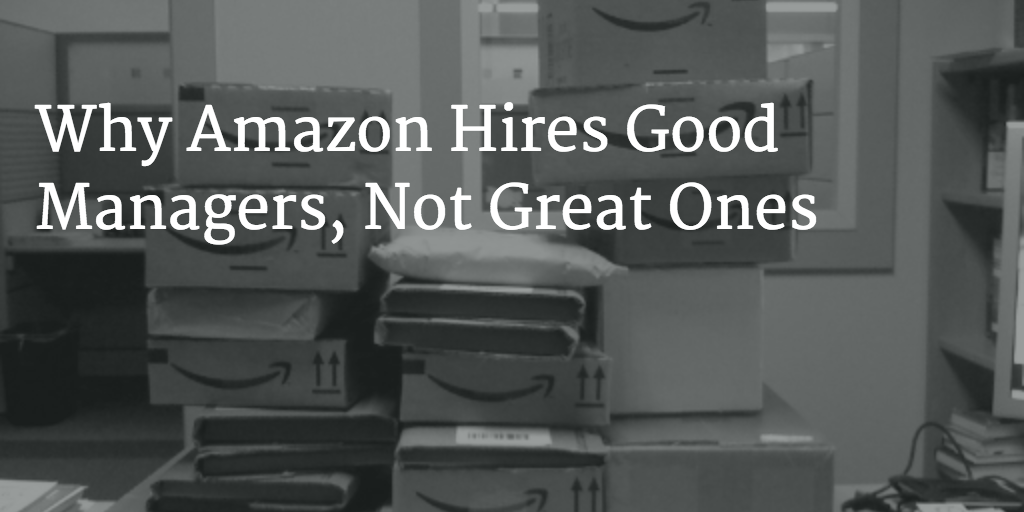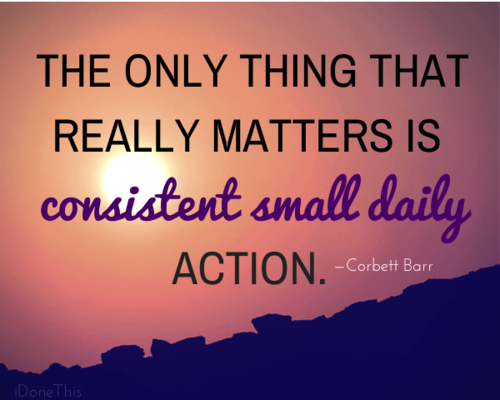
Success often feels like a chase, especially in the startup world. You scrabble to gain ground, obsessing over features and metrics and competitors, and though you think you’re moving fast and hard, sometimes it feels like you’re running up a down escalator.
For Amazon’s Jeff Bezos, success isn’t a pursuit or a race to the top. It’s an adventure. You don’t just buy The Washington Post when you think you’re in a race. Rather, his key to success is maintaining a mindset of exploration rather than conquest. Bezos told Charlie Rose in 2012:

Some companies have more of a conqueror mentality. If you look at their annual strategic plan, it starts with their three top enemies, who they’re going to crush this year…. We have an explorer mentality, so we like to go pioneering. We like to find dark alleyways and wander down them and see if they open up into broad avenues, and sometimes they do. That pioneering, explorer mentality is really what drives us. That’s the core of the culture.
For all the lip service paid to innovation and disruption, the conventional quest for business success can translate into fighting shy of risk and looking to just do better than your neighbor more often. The explorer mentality changes your lodestar. You’re not looking to catch up to others, but looking to forge new paths, and that frame of mind makes a huge difference.
Wandering in and out of unfamiliar areas can be perilous but two complementary aspects of Amazon’s company culture make the explorer mentality click — and that’s a long-range orientation and an obsession with customers.
Read more












